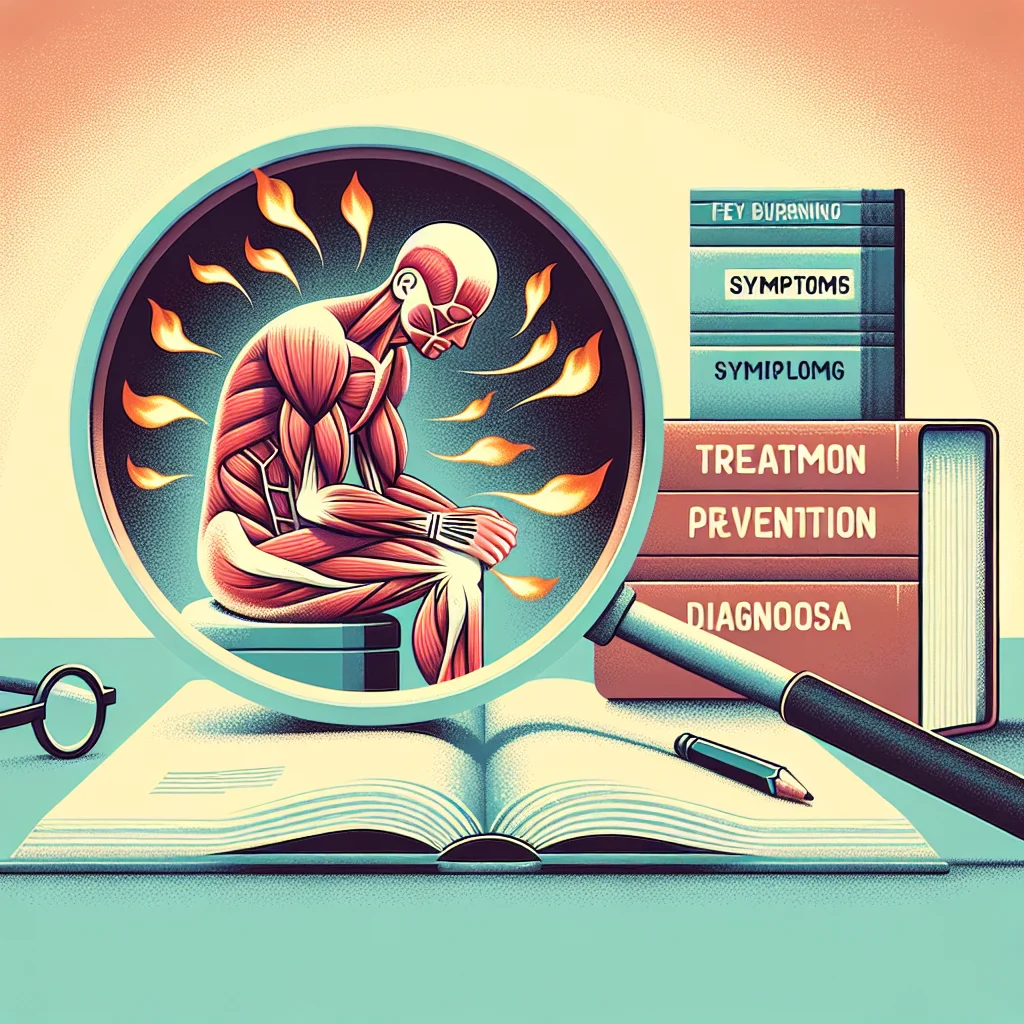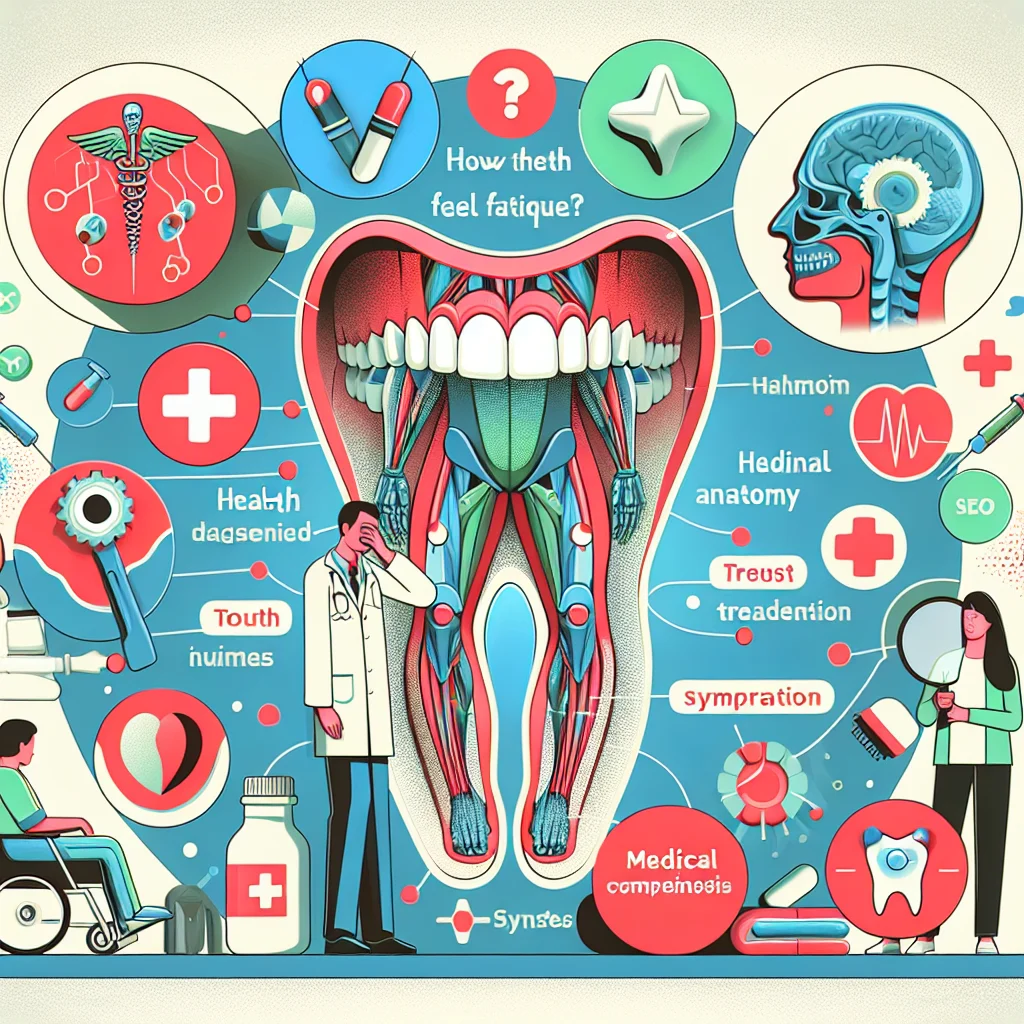
Possible Causes and Medical Insights
Feeling numbness on your skin can be unsettling, but in many cases, it is not a cause for immediate concern. Numbness may occur due to temporary pressure on nerves, such as sitting in one position for too long or sleeping on an arm. However, persistent or unexplained numbness could indicate underlying health conditions, including nerve injuries, diabetes, or even vitamin deficiencies. Understanding the potential causes can help you address the issue effectively and seek the right medical advice when needed.
Medical professionals explain that skin numbness, also known as paresthesia, can result from a variety of factors. Infections, inflammation, or disorders affecting the nervous system may all contribute to this sensation. Sometimes, anxiety or stress can also trigger numbness in the skin. If the numb feeling is accompanied by other symptoms like weakness, tingling, or pain, it’s essential to pay close attention, as these could point to more serious health concerns.
Symptoms and Risk Factors
The sensation of numbness in your skin may come with additional symptoms such as tingling, burning, or a “pins and needles” feeling. These sensations often occur together and can vary in intensity and duration. People with existing health conditions, such as diabetes or multiple sclerosis, may be at higher risk for experiencing skin numbness. Monitoring your symptoms and noting any changes can provide valuable information for your healthcare provider.
Risk factors for developing numbness include prolonged repetitive motions, poor posture, and certain lifestyle habits like smoking or excessive alcohol consumption. Age and family history may also increase susceptibility. If you notice numbness associated with other warning signs such as sudden weakness, difficulty speaking, or loss of balance, seek immediate medical attention, as these may indicate a more serious issue like a stroke or severe nerve damage.
Diagnosis and When to See a Doctor
Diagnosing the cause of skin numbness usually involves a thorough medical history, physical examination, and sometimes specialized tests. Blood work, nerve conduction studies, or imaging scans may be recommended to pinpoint the underlying condition. It’s important to share detailed information about when the numbness began, what triggers it, and if it is associated with other symptoms. This helps your healthcare provider make an accurate diagnosis and suggest appropriate treatment options.
You should consider seeing a doctor if your skin feels numbness that persists, worsens, or is accompanied by additional symptoms like weakness, confusion, or severe pain. Early diagnosis can prevent complications and improve the chances of effective treatment. Don’t hesitate to reach out to a medical professional if you’re unsure about the cause of your symptoms, as timely intervention can be crucial for your health and wellbeing.
Prevention and Home Remedies
Preventing skin numbness often starts with maintaining a healthy lifestyle and being mindful of your posture and daily habits. Regular exercise, stretching, and taking breaks from repetitive activities can help reduce the risk of nerve compression or injury. Eating a balanced diet rich in vitamins and minerals also supports nerve health and may prevent certain deficiencies that lead to numbness.
If you experience mild, occasional numbness, simple home remedies such as gentle massage, warm compresses, and changing positions can provide relief. Avoiding tight clothing or accessories that may restrict blood flow is also beneficial. However, if numbness persists or is recurrent, consult a healthcare provider for a thorough evaluation. Combining self-care with professional guidance ensures the best approach to managing and preventing skin numbness.














